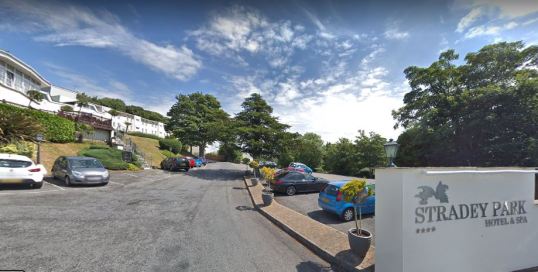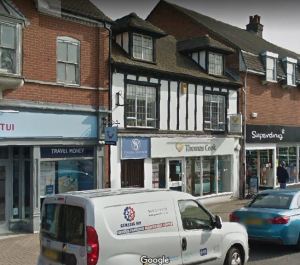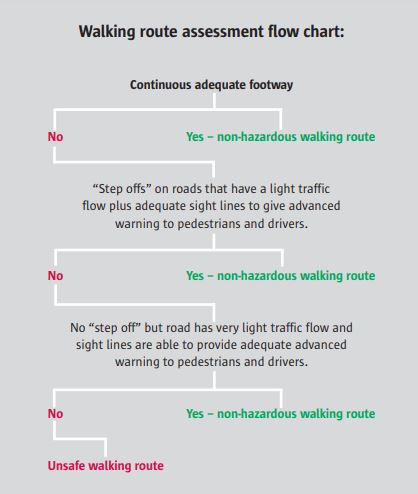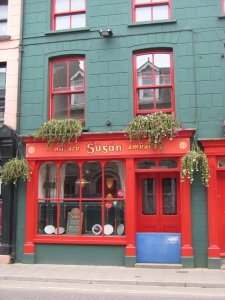FEATURE, JANUARY 21st 2020
Rooms in the well-regarded Stradey Park Hotel and Spa, Llanelli, are for sale from £59,950 for 999 year leases. The Stradey Park has average ratings of 4 out of 5 from Trip Advisor, 8.4 out of 10 on Booking.com and 4.5 out of 5 on Facebook.
The hotel, owned since December 2000 by Gryphon Leisure Ltd and with 112 staff in 2018-19, was put on the market for £3.8 million with London-based agent Christie & Co in 2018 but no sale has yet been recorded.
West Wales News Review understands that Christie & Co is negotiating with a small company called Sterling Woodrow Ltd, based at 84a High Street, Billericay, Essex, with an overseas office in Shanghai, and formed in 2005. Sterling Woodrow has two directors, Gareth Street (33) and owner Robert Horwood (56 in January 2020). The latest published accounts are for the year to April 2018, showing 10 employees and shareholders’ funds of £85,661, compared with £35,026 the previous year. Sterling Woodrow Ltd is not to be confused with Sterling Woodrow Estates Ltd, formed in October 2017 and dissolved through being compulsorily struck off in April 2019, where the directors were also Robert Horwood and Gareth Street.

Entrance to the Stradey Park Hotel, where rooms are for sale to investors. Source: Google Maps
Robert Horwood and Gareth Street are, in addition, directors and joint owners of a new company, Stradey Partners Ltd, formed on September 3rd 2019 and operating in “other service activities not elsewhere classified”. The duo also own Perennial Hotels Ltd, formed on August 20th 2019, and Perennial Estates Ltd and Cumbria Park Ltd, both dating from September 18th 2018. None of these four companies has been required to submit any accounts yet. Robert Horwood also owns Perennial Management Services Ltd, incorporated on March 20th 2018.
Sterling Woodrow is in turn is offering rooms to investors, selling through property agents. Cassini International Property Ltd, Investinrooms Ltd, Moving Up Estates Ltd, Property Invest UK, Property Wealth Ltd and Qatar World Property Ltd are among the agencies selling rooms in the four-star hotel near the former Stradey Park rugby ground, and containing 76 rooms.

Essex-based company Sterling Woodrow has an office at 84a Billericay High Street. The former Thomas Cook travel shop is no.84. Source: Google Maps
10% a year offered for five years before buy-back
The agents suggest that buyers will receive an annual 10% yield for five years, and buy-back at the purchase price plus 115% or 120% — the agents differ – at the end of that term.
Between Monday January 13th and Thursday January 16th Christie & Co, Sterling Woodrow and management at the Stradey Park Hotel were invited to comment on the investment scheme, but so far have chosen not to do so.
The sale of hotel rooms – and rooms in care homes, student halls of residence and other multi-occupation buildings – are unregulated in the UK, meaning that investors carry the whole risk.
Investinrooms Ltd, for one, makes this very clear, stating:
“Investinrooms Ltd is not authorised or regulated by the Financial Conduct Authority (FCA). Investinrooms Ltd does not provide any financial or investment advice. We can provide a referral to a regulated advisor who will offer appropriate advice, or to the company offering an investment who will determine your suitability for the investment prior to any offer being made. We strongly recommend that you seek appropriate professional advice before entering into any contract. The value of any investments can go down as well as up and you might not get back what you put in. You may have difficulty selling any investment at a reasonable price and in some circumstances it might be difficult to sell at any price. Do not invest unless you have carefully thought about whether you can afford it and whether it is right for you and if necessary consult with a professional adviser in accordance with the Financial Services and Markets Act 2000. These products are not regulated by the FCA or covered by the Financial Services Compensation Scheme and you will not have access to the financial ombudsman service. Information is provided as a guide only, is subject to change without prior notice and does not constitute an offer of investment. Some investments may be restricted to persons who are high net worth, sophisticated or professional investors or who take independent advice from an authorised independent financial advisor.”
Over-confidence in future profits?
Investors in the Stradey Park Hotel need to have confidence in a prosperous future for the Welsh hotels business, probably better than currently experienced. Figures for 2017 released by Stats Wales show the average occupancy rate for hotels was 68%. Booking sites online suggested an average price of £85 per night for a room in the Stradey Park on January 10th, although hotels.com and trip adviser had rooms for £72.
If a room is sold at the lowest current price of £59,950, and pays the investor 10% a year for five years, the amount to be paid out is £29,975. There is a buy-back offer at the end of that term. Even at the lower figure of 115% offered by Qatar World Property, and not the 120% mentioned by other companies like Property Invest UK, an additional £68,942.50 has to be paid out then, making a total return to the investor of £98,917.50.
If that room is occupied at an average of £85 a night for 68% of five years, the gross revenue is £105,400. The pay-out to each investor would be almost 94% of the gross revenue. Of course, it might be possible to raise the room rate substantially, or increase the occupancy, but even if both were achieved, and a share of non-rental income was added, investors would need a solid dose of optimism to have confidence in the sales offer, especially as agents and service companies would need to be paid too.
If the 76 rooms in the Stradey Park were valued at the lower-end price of £59,950, they would have a combined valuation of £4.556 million, over three-quarters of a million £s more than the advertised price for the whole hotel in 2018.
The actual room prices go up to £140,000, according to Lujo Investments Ltd, surely requiring extraordinary successful performance to give investors the flagged returns.
Gryphon Leisure Ltd, an experienced and resilient hotelier company owned by Alison Roxana Anderson, Angela Saunders and Barry Saunders, all in their 60s, had shareholders’ funds of £2.026 million at January 31st 2019. There were secured debts, but confined to £212,224 in bank overdrafts and £213,092 in bank loans.
Northern Powerhouse Developments failure shocked investors
The Stradey Park sale offer has similarities with the promises made by Northern Powerhouse Developments (NPD) to investors in rooms in a rapidly-acquired portfolio of hotels throughout England and Wales. Northern Powerhouse Developments, built up by Gavin Lee Woodhouse, is now in administration and investors may not recover more than a few pennies in every pound. Some 25 associated companies, including those owning and operating around 10 hotels – including the Fourcroft in Tenby and the Fishguard Bay, Goodwick, both in Pembrokeshire, and the embryonic Afan Valley Adventure Resort in Neath Port Talbot – owe Northern Powerhouse Developments £12.663 million, according to figures compiled by Duff & Phelps, the multinational administrators of much of the mirage that was the NPD property empire. The costs incurred by the administrators, averaging £306.97 per hour, also eat into any surviving funds.
PDR







